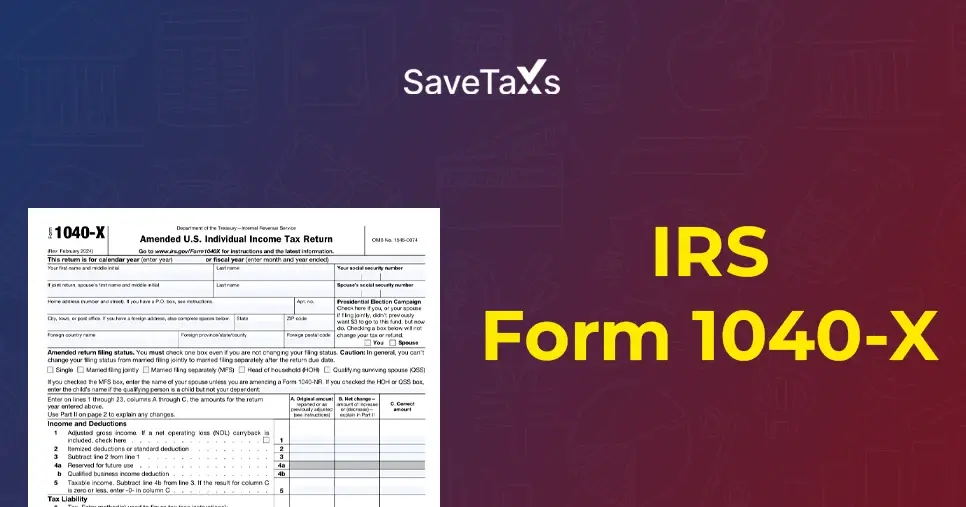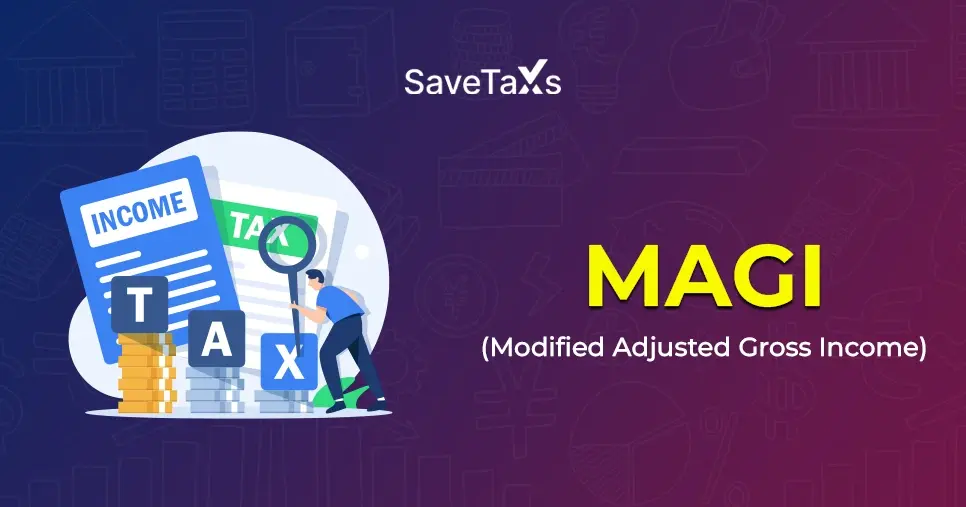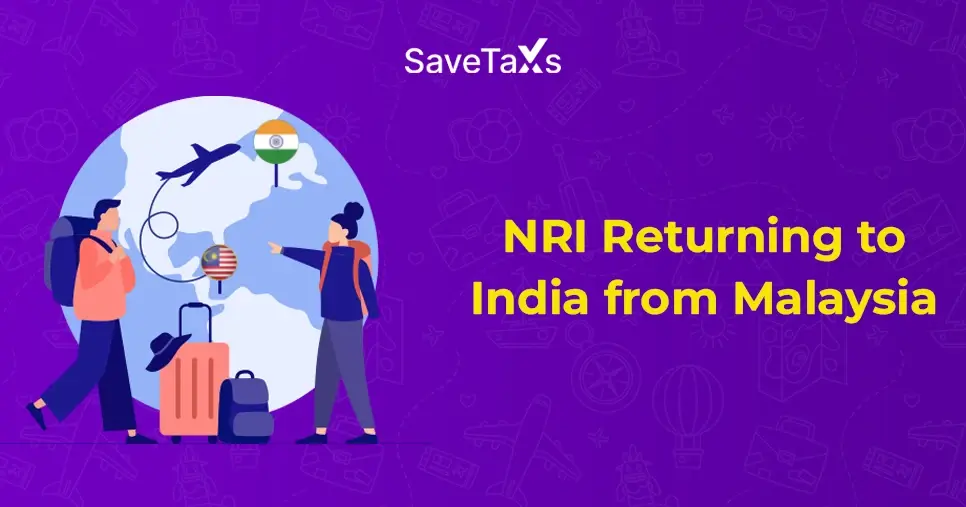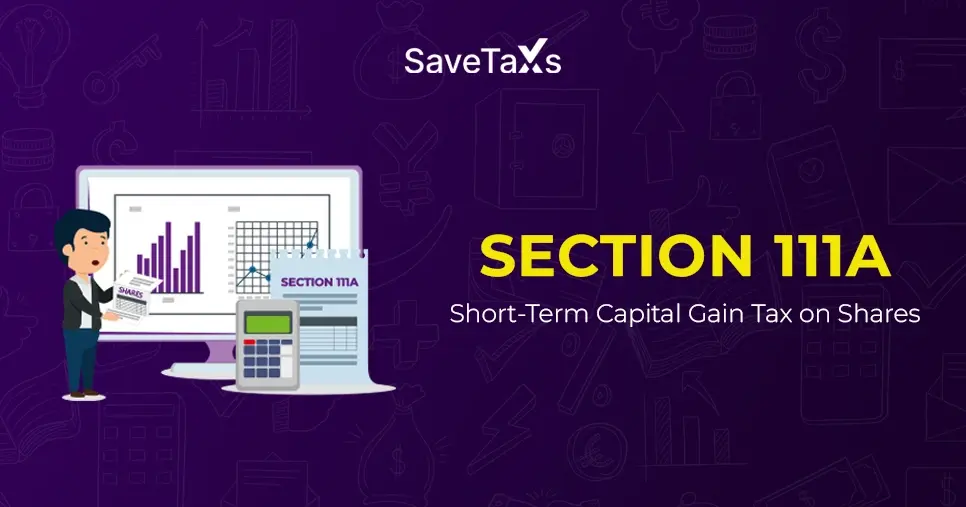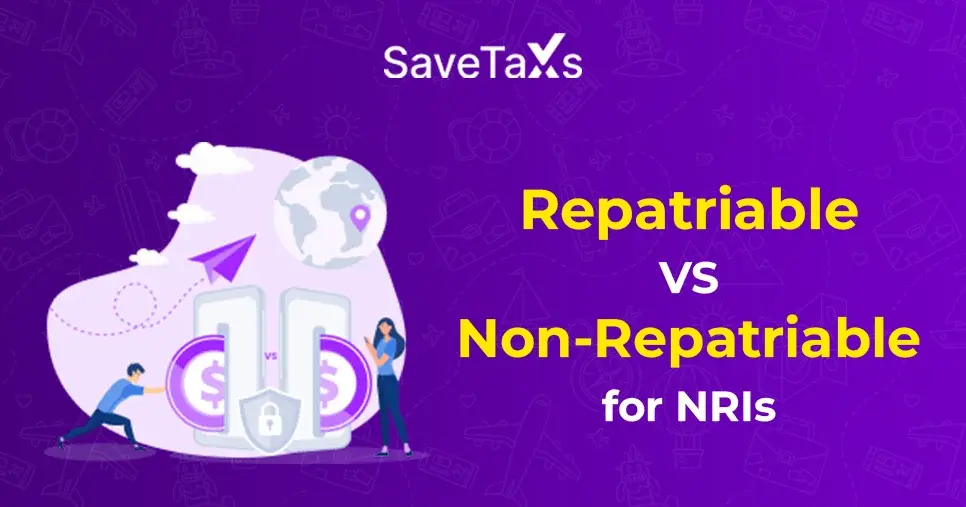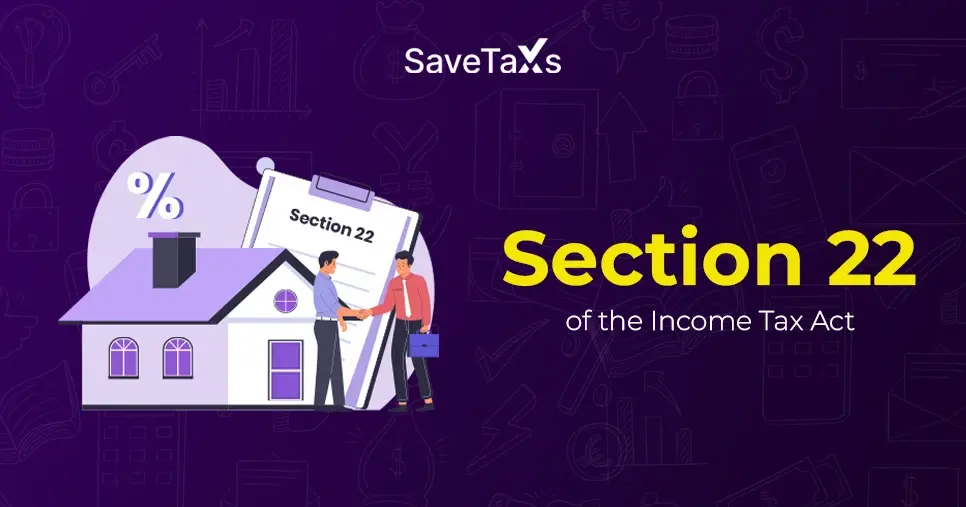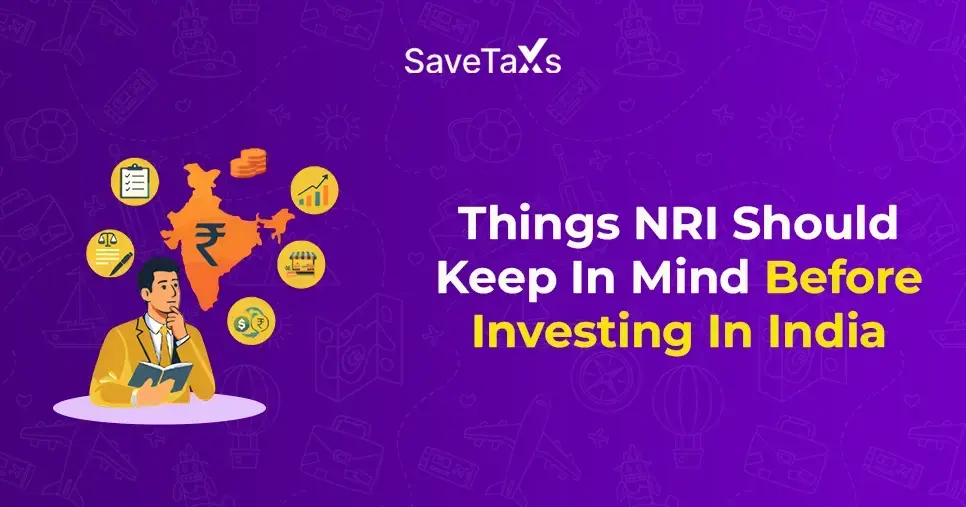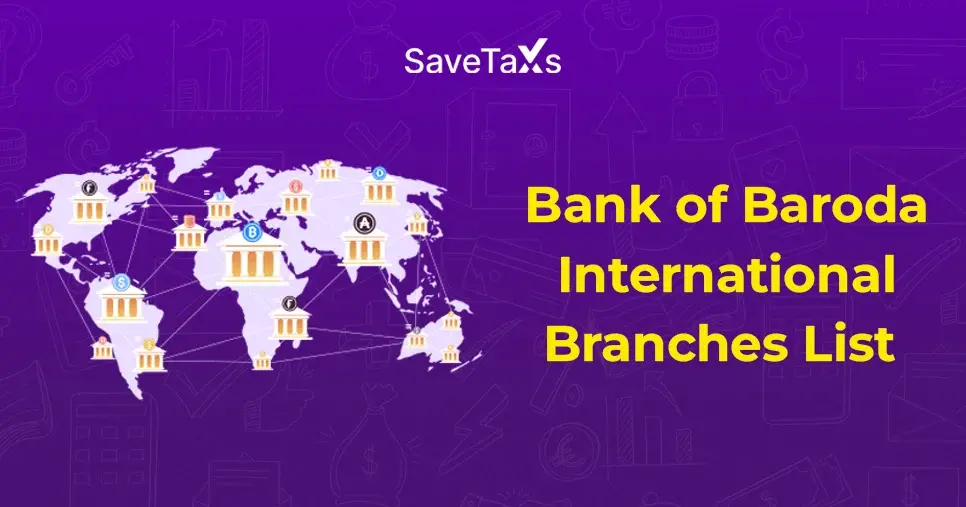In India, a vast number of people fall under the salaried individuals category. Individuals working in a business enterprise or an organization, during their employment for the services they render paid salaries. It is a type of fixed income that a person receives. However, under the income tax, the word 'salary' is used for additional payments that companies or businesses make to their employees. Section 17(1) of the Income Tax Act defines the term salary and, in detail, explains the several types of monetary and non-monetary perks that are stated as salary.
Additionally, along with Indian residents, non-resident Indians (NRIs) can also claim tax benefits under this section. Want to know more about this section? Then, this blog is surely for you. Read on and get your answers.
According to Section 17(1), What Is a Salary?
Under section 17(1), the word "salary" includes any payment that an employee receives as cash, facility, or kind from a company or organization for the services they render. It consists of several components, like basic salary, bonuses, allowances, profits in lieu of salary, commissions, and prerequisites. Well, then we understood that salary is a broader term. It denotes the relationship of employee and employer as the payee and the payer.
This was a basic definition of salary under section 17(1). As stated above, the definition of salary is comprehensive and includes a range of remuneration an employee receives from the employer during his/her course of employment. Considering this, it is explained very well in sub-section 17 (1) of the Income Tax Act. So, moving further, let's know about the other definitions of salary as per the Income Tax Act.
Salary Definition As Per Income Tax Act
Under the Income Tax Act, sub-section(1) of section 17 provides a different definition of salary. Other than salary, it is a much broader term. According to this section, any compensation an employee gets from his/her employer is termed as salary, and under the heading 'Income from Salary', it is taxed in India. Furthermore, income classified under section 17(1) consists of a wide range of remuneration and perks that an employee receives from an employer. To provide you with an idea, here is the list of comprehensive incomes that are stated as salary under this section.
- Wages: Wages are the remuneration or payment received by the employee from the employer in exchange for their rendered services or work. It is generally paid to blue-collar jobs such as mechanics, factory workers, or construction workers. Under section 15, if it is received during the relevant last year, it is completely taxable.
- Pension or Annuity: A pension or annuity is an amount received by a person over a specific period. It is a fixed amount that is generally received by an individual after retirement. It is designed by the Indian government to provide a stable amount to help people fulfill their financial needs after their retirement. Annuity received from a current employer is taxed as 'salary', and annuity received by the previous employer is taxed under the Income Tax Act as 'profits in lieu of salary.' Furthermore, the following payments are included in the profits in lieu of salary:
- Employment terms modification compensation, or employment termination compensation.
- Payments received or due from an unrecognized superannuation fund or unrecognised provident fund to the extent of the contribution of the employer and interest on the contribution of the employee.
- Payments received from the insurance policy of the keyman and the sum given as a bonus on such policy.
- Any payment received from any individual after or before the cessation of the job is also stated as 'profits in lieu of salary.'
- Gratuity: It is a lump-sum payment that is received by the employee from the employer as a token of appreciation for the meritorious and long services of him/her towards the employer. It is a retirement benefit type and is generally paid when an employee completes a specific service period with the company or firm (5 or 10 years). Gratuity is taxed according to section 10(10) of the Income Tax Act, and up to a certain limit, it gets tax exemption.
- Fees: A payment made by the employer to the employee for his/her rendered services is also mentioned in the definition of salary.
- Commission: It is an additional payment made by the employer to the employee based on his/her work performance in business. These can be given as a profit or sales percentage of the employer or a fixed amount.
- Perquisites: Perquisites are extra perks that an employee receives from the employer due to their official position over and above their salary income. It can be given in the form of cash or kind. For instance, payments of the club fee, rent concession, loans free from interest, educational expenses, and payment of insurance premiums or medical expenses.
- Advance Salary: An advance salary, like its name states, is received by the employee from the employer before the regular payment date of the salary. This is generally done in anticipation of financial need or an emergency for an employee. Under section 15 of the Income Tax Act, it is completely taxable.
- Leave Encashment: It is a monetary compensation that an employee receives from the employer by converting his/her accumulated leave. Under section 17(1) of the Income Tax Act, money earned as leave encashment is also known as salary.
- Employment Provident Fund (EPF): In India, for salaried employees, EPF is a retirement scheme. The Employees Provident Fund Organization (EPFO) regulates and manages this scheme. Under the Ministry of Labour and Employment, it is a statutory body.
- Transfer PF Balance: Transfer of PF balance is a taxable portion of the balance transferred from an unrecognized provided fund to a recognized fund, and is also considered as salary.
- National Pension Scheme (NPS): Under the National Pension Scheme, any contribution made by the employer or by the Central Government in the account of the employee in a fiscal year is considered a part of the salary.
These are definitions of salary stated by the Income Tax Act. For NRIs also the same definition of salary is mentioned in the Income Tax Act. However, the tax liability depends on their residential status in the country and the place of accrual. Moving further, let's know the basis of salary income charged for both Indian residents and NRIs in India.
On What Basis Is Salary Income Charged for Both Indian Residents and NRIs?
According to the provision mentioned under section 15 of the Income Tax Act, the salary income in India is taxed. Salary in India is chargeable on two bases, i.e., 'receipt basis' or 'due basis', whichever is earlier. This means, as per section 17(1) of the Income Tax Act, salary would be taxed in India if:
- An advance payment made to an employee by the employer before it becomes payable or due.
- During the financial year, any salary, whether paid or not, is due to the employee.
- During the assessment year, arrears of income paid to the employee and in earlier years were not taxed.
- Even if received overseas, the service was rendered in India (for NRIs).
- Salary received by a non-resident Indian from an Indian employer.
- Salary of an NRI, paid to his/her Indian bank account.
These are salary incomes that, according to section 17 of the Income Tax Act, 1961, are taxable for both Indian residents and NRIs. Well, do you know, under Indian taxation law, the place where the salary accrued also plays a key role? Want to know what it is and how it impacts taxation? Read the next section and get your answers.
Place of Accrual of Salary
According to the Income Tax Act provision in India, salary income is only liable to be taxed in India if it is deemed or accrues in the country. Hence, as per section 17 of the Income Tax Act, the place of accrual plays a key role in the salary taxability. Here is how the accrual place of salary is determined:
- Services Rendered in India: If the services for which payment is made are rendered in India, that income is considered to arise or accrue in India. Irrespective of the residential status (whether Indian or NRI) of the employee or the employer's location (in India or overseas) comes under this. Hence, any salary you earn for services rendered within the boundaries of India is taxable here.
- Residency Status of the Employee: For Indian residents, all salary income is taxable whether it is received inside or outside the country. However, in the case of non-residents, only that income is taxable that arises or accrues in India, regardless of the citizenship or nationality of a person.
- Salary Paid Outside India for Services Rendered in India: If an NRI or foreign individual receives a salary outside India for the services they rendered in India, that income is liable to be taxed in India. However, if the services are rendered outside India, that is not taxable here.
- Employment on an Aircraft or Ship: In case an individual works on an aircraft or ship, based on the location where that person performing his/her duty, the accrual place of salary is determined. In case they rendered the services while the aircraft or ship is in India, and the salary is deemed to arise or accrue in India is taxable.
- Exceptions and Treaties: Under Double Taxation Avoidance Agreements (DTAA), certain provisions or exceptions impact the taxability of salary income for people who are employed in India but get their income from a foreign employer. In such situations, the DTAA provisions prevail over the domestic tax laws of the country. Well, it is beneficial for NRIs and persons who have paid tax twice on the same income. NRIs can claim tax benefits of DTAA by filling out Form 67 and mentioning their foreign tax credit while filing ITR in India.
This was all about the place of accrual of salary and how it impacts the tax charged on salary income of a person in India, regardless of his/her residential status.
Final Thoughts
Under section 17(1) of the Income Tax Act, you get to know about the detailed definition of salary income and how different types of salary income are taxed in the country. It is important for both employees and employers to understand the terms and conditions of this section to ensure adherence to the income tax laws of India. Here, the complete blog was about section 17(1). Hope that after reading it, you get detailed information about this section. Furthermore, if you need more guidance on this topic or are looking for assistance with your ITR filing, consider seeking help from Savetaxs. We are a team of professionals who have years of experience in the tax field, and with us by your side, you do not need to go through the hectic ITR process. So, connect with us today, and for sure, you will get the best assistance.
Note: This guide is for informational purposes only. The views expressed in this guide are personal and do not constitute the views of Savetaxs. Savetaxs or the author will not be responsible for any direct or indirect loss incurred by the reader for taking any decision based on the information or the contents. It is advisable to consult with either a Chartered Accountant (CA) or a professional Company Secretary (CS) from the Savetaxs team, as they are familiar with the current regulations and help you make accurate decisions and maintain accuracy throughout the whole process.

Mr Manish is a financial professional with over 10 years of experience in strategic financial planning, performance analysis, and compliance across different sectors, including Agriculture, Pharma, Manufacturing, & Oil and Gas. Mr Prajapati has a knack for managing financial accounts, driving business growth by optimizing cost efficiency and regulatory compliance. Additionally, he has expertise in developing financial models, preparing detailed cash flow statements, and closing the balance sheets.
- Income Tax Act 2025: Key Changes, Features, Provisions & Objectives Explained
- Section 80TTA of Income Tax Act – All about Claiming Deduction on Interest
- What is a Tax Residency Certificate (TRC) and How to Get It?
- Short Term Capital Gain on Shares (Section 111A of Income Tax Act) - STCG Tax Rate and Calculation
- Double Tax Avoidance Agreement (DTAA) Between India and Ireland
Want to read more? Explore Blogs
Frequently Asked Questions
No matter what your source of income is, we've got you covered. There’s a plan for everybody!
_1754564786.webp)
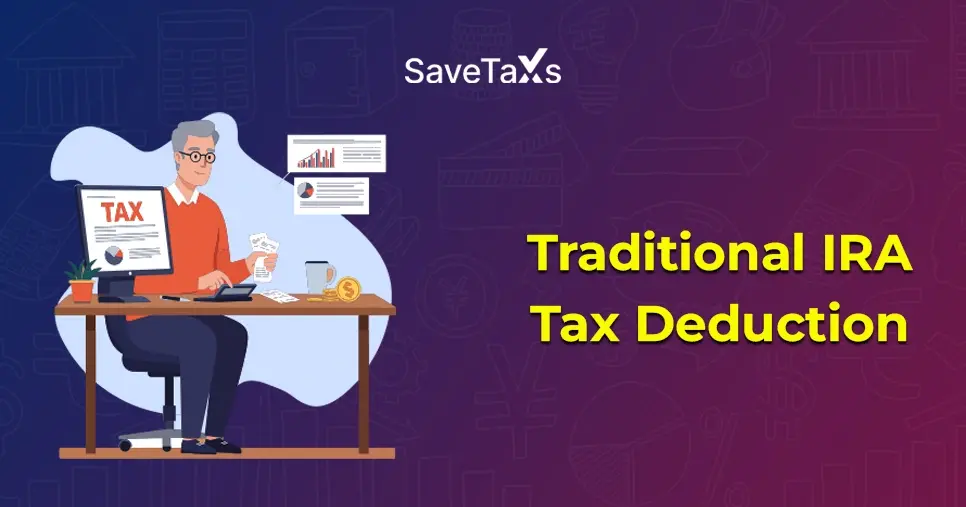
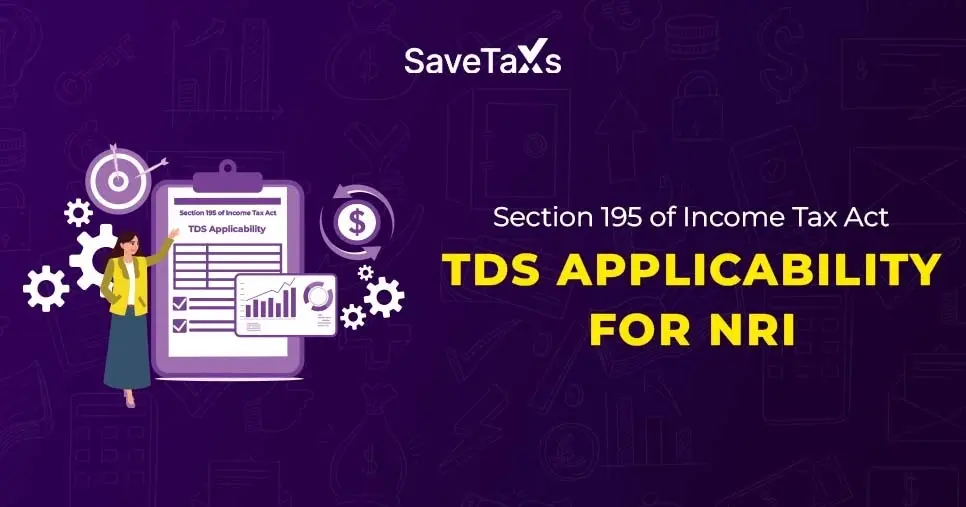
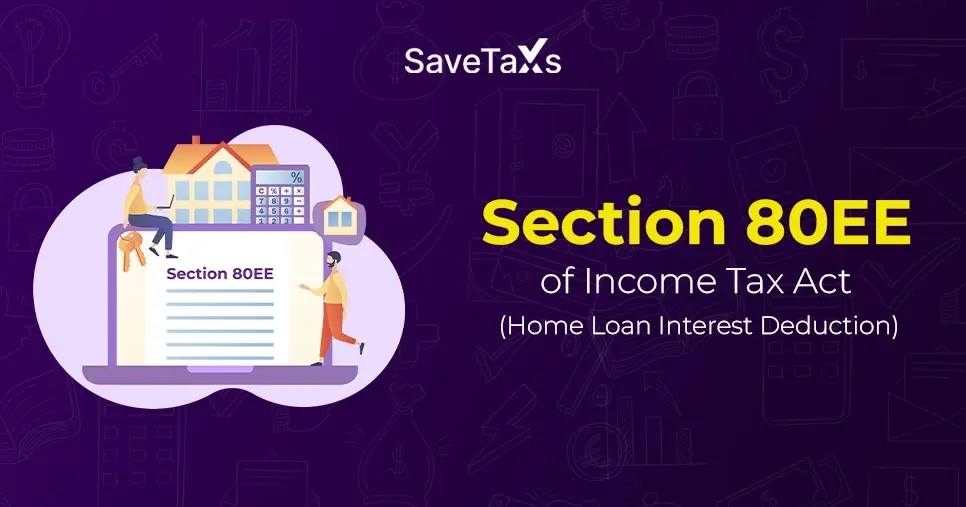


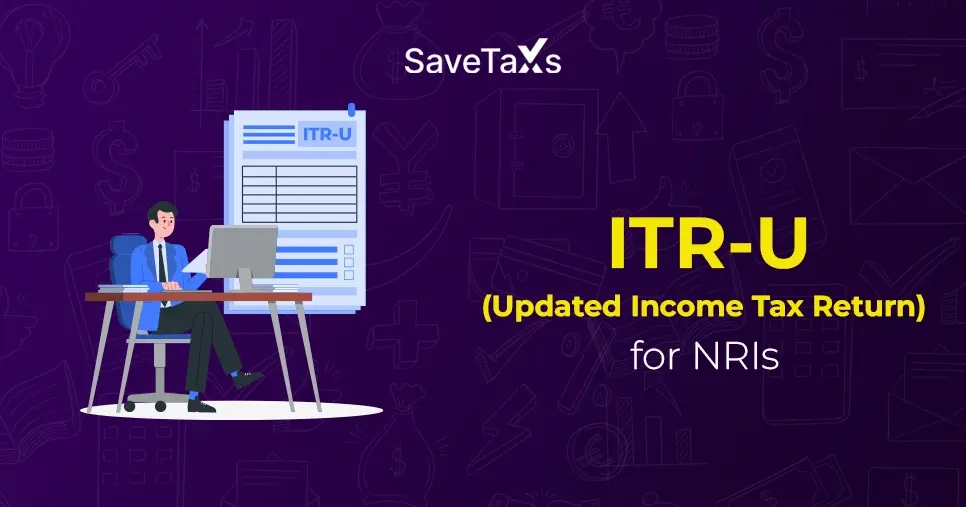
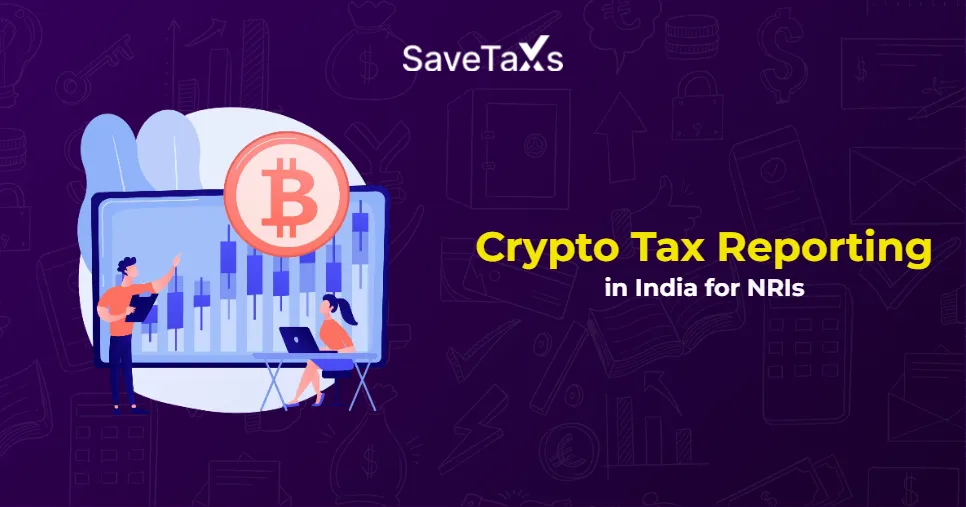
_1766561266.webp)
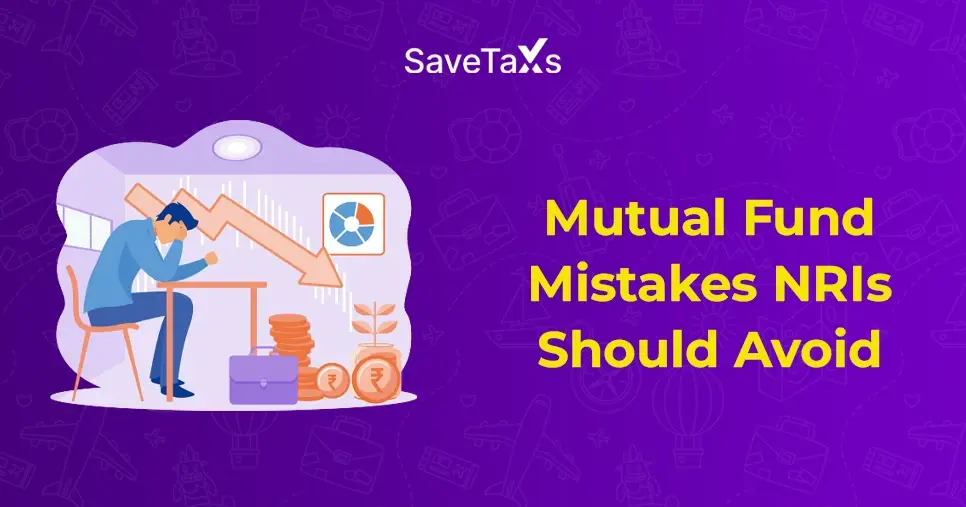

_1766730933.webp)
